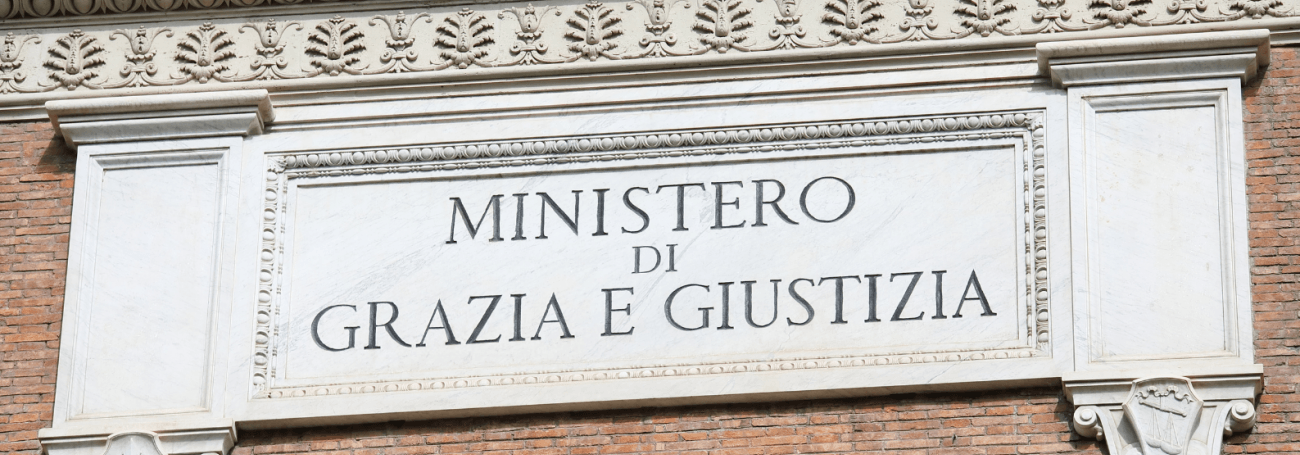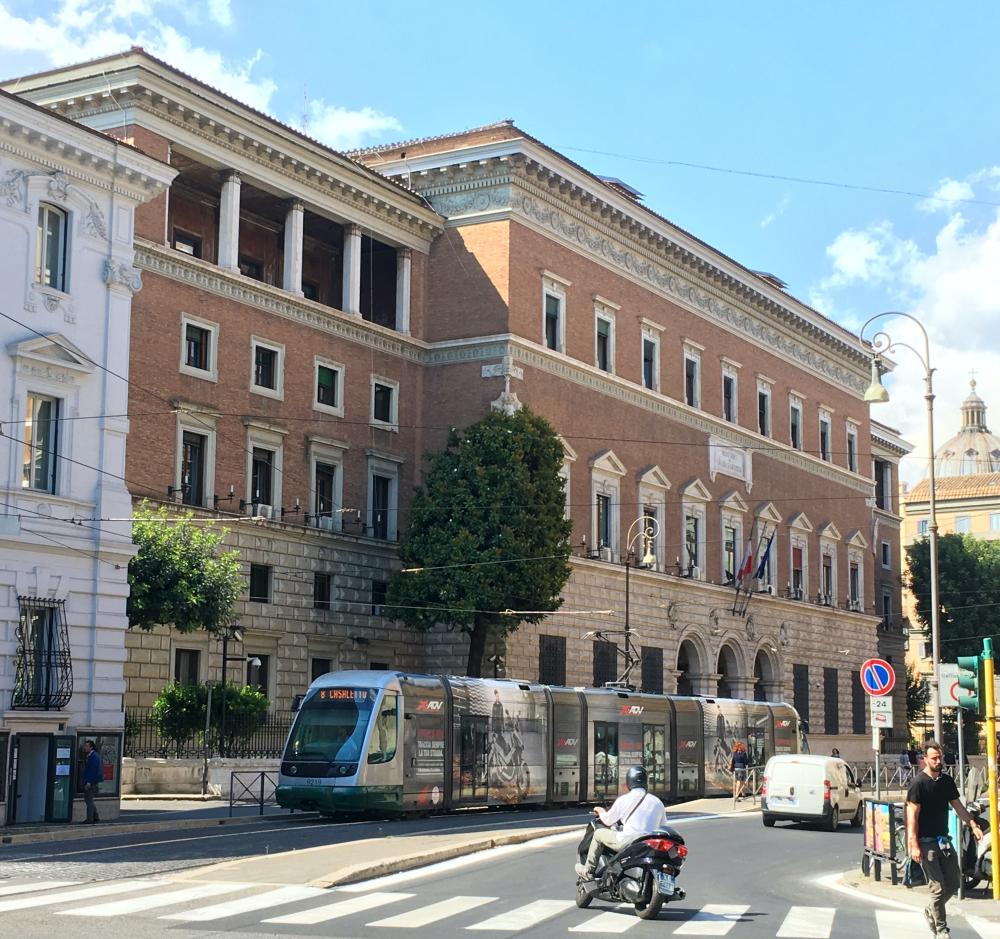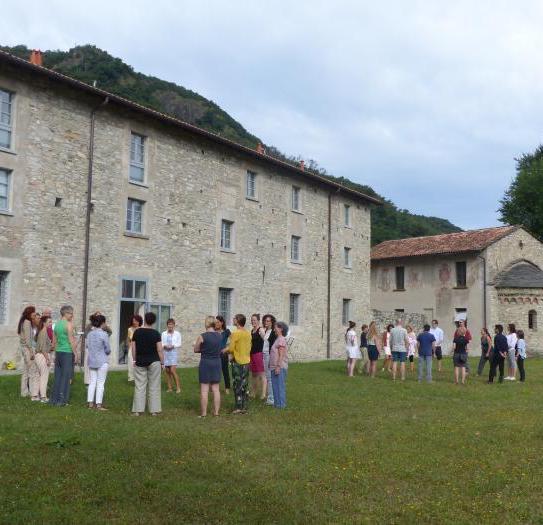How did restorative justice become a part of the Commission's agenda?
In recent years, the reflection on restorative justice at the governmental level has made significant progress. First, in 2013 a Commission at the Legislative Office of the Ministry of Justice was appointed to draw up proposals for interventions on the criminal sanctions system, and it has shown openness towards restorative justice. In 2015, the incumbent Minister of Justice at the time, Andrea Orlando has launched the "General States of Criminal Execution", within which a committee coordinated by me, was dedicated to "restorative justice, mediation and protection of victims". In 2017, the Minister Orlando appointed a study commission for the elaboration of legislative law projects. This included restorative justice for adults and minors. The Parliament then accepted only the indications on restorative justice concerning the juvenile justice system, but not those regarding the adults’ one.
This year, with Minister Cartabia, restorative justice is back at the centre of the debate and the Commission currently in charge is dealing with it.





